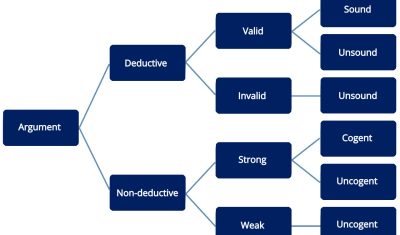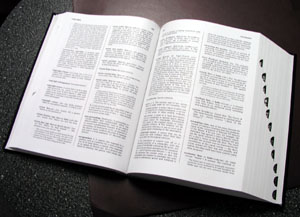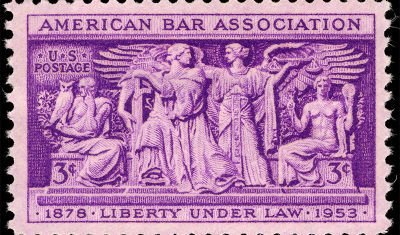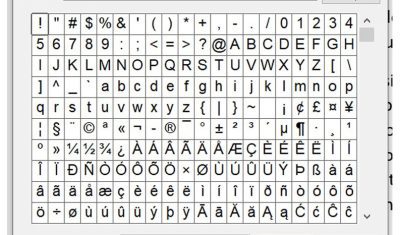
We're talking about the need to know and follow the mechanics and consider the medium…

Let's investigate some strategies for organizing your project to meet three metrics: readers should be…
Get a free sample of ProofreadingPal’s work.
Two professional proofreaders will proofread and edit your document.
Try it
With both straw man arguments and hasty generalizations, the level and quality of detail and…

The directive "write with your audience in mind” seems like no-brainer advice, but many writers…

There are quite a few specific types of formal and informal logical fallacy: begging the…

Providing your customers with their choices in a well-organized, stylish, descriptive, informative, and pleasing-to-touch (i.e.,…

Here are some tips about defining important terms in academic writing to best ensure your…

You are not doomed to be a third-grade-quality writer. You need to unleash your writing…

According to Emily Post, “No fill-in-the-blank cards, no pre-printed cards, no phone calls, no emails,…

I call this an “easy guide” because actually writing down a pattern can be anything…

So, now the time has come when you want to write about something that you…

It’s little wonder that when people can’t or don’t want to hire a lawyer, they…

Language is always changing to reflect material developments and changing ideas, so it’s important to…

Several phrases have been cancelled in recent years for good reasons, but there have been…

The Unicode Consortium, a nonprofit based in Mountain View, California, was founded in 1991 to…


Writing on a specialized topic for nonspecialists can be a challenge for writers of all…

For readability and clarity and out of respect for those referred to, it is important…

Last time, we talked about transitioning from topic to topic, which means from paragraph to…

Transitions are essential to making sense in a proposition or argument, so it’s little wonder…
Get a free sample proofread and edit for your document.
Two professional proofreaders will proofread and edit your document.
We will get your free sample back in three to six hours!